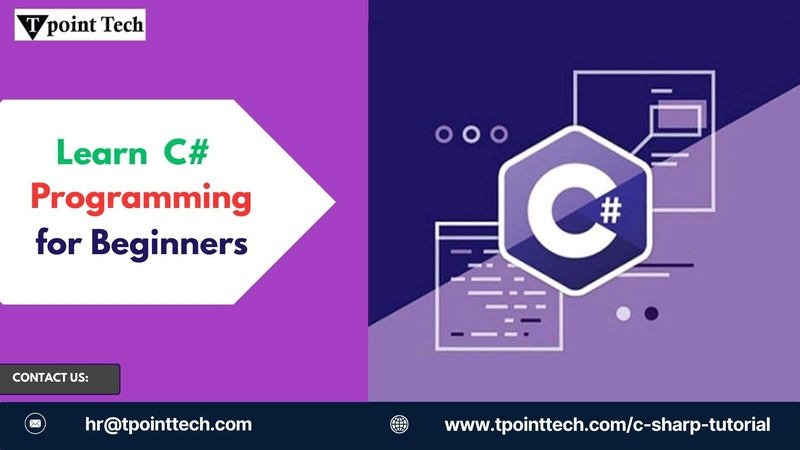So there I was, chatting with a BCA second‑year student over chai. I asked, “How’s college these days? What topic did your professor cover today?” He grinned and said, “Sir spent a full 30 minutes explaining the That tiny moment sums up a much bigger problem. On one hand, India’s tech industry is booming—projected to hit $300 billion by FY 26. On the other, only 42.6 percent of our graduates are deemed employable, and barely 10 percent land relevant jobs straight out of college. We’re churning out bodies, not builders. In countless labs, professors hawk dusty slides on HTML 4.0, Java Swing, or fire up Turbo C to spend a full lecture walking students through writing a simple fraction‑calculator in C—tasks any developer today could spin up in minutes with modern languages and tools. Ask a simple question—“Sir, can we see how to deploy this API on AWS?”—and you’re told to “focus on your syllabus.” It’s not arrogance; it’s insecurity. Admitting you don’t know the latest tech feels like losing face. Meanwhile, fresh graduates walk straight into corporate bootcamps only to be weeded out again. Infosys recently let go of 240 trainees who flunked basic foundation tests, despite extra coaching and mock exams. At TCS, recruiters admit they hire from only 10–15 percent of colleges because of this massive skill gap. And a NASSCOM report warns that 40 percent of working IT pros will need reskilling over the next five years just to keep their jobs. So what is real education? To me, it means: That’s how India’s tech legends got started. The founders of Infosys, Wipro, Flipkart, Zomato—they didn’t wait for college to teach them Docker or TensorFlow. They built things on the side, joined coding clubs, read blogs at midnight, and hustled for real experience. At this year’s Startup Mahakumbh, Commerce Minister Piyush Goyal slapped us with a challenge: “While China churns out semiconductors and trains its own AI models, too many Indian startups are content delivering pizza or groceries”. He’s right—and the blame falls partly on our classrooms. You can’t build an AI chip when your degree is stuck on table tags and syntax trees. Students, don’t let your syllabus cap your potential. Fire up freeCodeCamp or NPTEL, build a REST API, containerize it, deploy it on a cloud free tier, and blog every step. Host your code on GitHub. That living portfolio shouts “I can ship code” far louder than a perfect CGPA ever will. Teachers, this is part love letter, part reality check. Institutions and policymakers, carve out Centres of Excellence and fund labs—yes—but also tie accreditation to real outcomes: graduate employability, industry partnerships, and live project work. Budget 2025’s ₹500 crore for AI in Education is a start, but unless that money reaches lecture halls and lab benches, it’s just another headline. A college degree should be a launchpad, not a cage. If your institution won’t evolve, you must. Because in 2025, the future belongs to builders, innovators, and lifelong learners—those who refuse to let a dusty syllabus dictate their worth. Be the spark that drags our education system, kicking and screaming, into the modern age. Your degree expires. Your curiosity doesn’t. Keep building. 🔥 tag in HTML!” He said it with such pride—as if mastering tables was the pinnacle of web development. Inside, I felt a knot in my stomach: how could our education system still waste precious time on stuff any developer learns in ten minutes on YouTube?
I know I don’t have the right to tell you how to teach—you’ve seen way more than I have. But maybe… just maybe, it’s time for a shift.
Call industry folks for guest talks—your slides from 2003 aren’t cutting it anymore.
Swap “write a for loop” exams for real builds: a live web app, a Dockerized microservice, or a chatbot that doesn’t just spit “Hello World.”
Update your syllabus every 3–4 years, not every retirement cycle.
And please—if you don’t know something, don’t fake it. Google it. Learn with your students. That humility? That’s leadership.
It’s 2025, not 1995. Let’s not prepare students for a tech world that doesn’t exist anymore.


